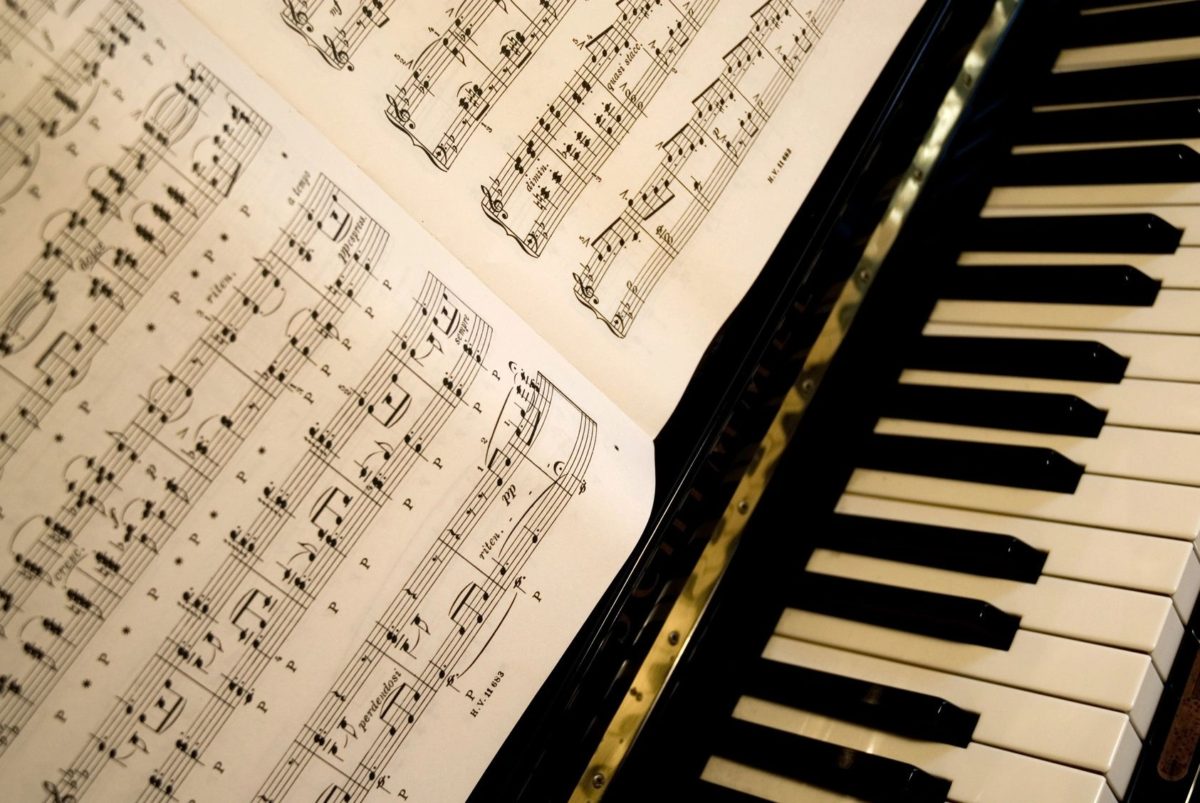I am not a lawyer. This should not be considered legal advice.
What Do I Need For:
A Public Performance
According to NAFME, performances at a school concert are allowed without a license—as long as no money changes hands—of nondramatic literary or musical works. No one can gain any direct or indirect commercial advantage; no fee or compensation can be paid to performers, promoters, or organizers; and no admission charge can be levied. You may ask an admission fee, but all proceeds must be used only for educational or charitable purposes. However, a copyright owner may prohibit a performance of his or her work by serving notice at least seven days before a performance (although teachers are not obligated to notify a copyright owner of an upcoming school concert). Note that it is the VENUE not the PERFORMER who is responsible for the public performance license when performances occur outside a school.
Posting A Video Publicly Online
To post a video of your ensemble performing a copyrighted work online, you need two things—the permission of all participants or their parents if they are minors, and a synchronization license from the copyright holder. Check with your school district to see if they have blanket permission licenses from students and parents, as this is becoming more common in the digital age. YouTube has negotiated snyc licenses already for you for most songs. Note that posting to other sites like Facebook are done at your own risk and are not covered under any blanket license.
Arranging A Song For My Choir (Or Hiring Someone To Do So)
To arrange a copyrighted work for your group, you need an arrangement license. This can be obtained from the publisher who owns the print rights to that particular piece. For most popular songs, that is either Hal Leonard or Alfred. Hal Leonard sublicenses their arranging rights to a company called Tresona. These rights can cost anywhere from $75 to $500. There is an exception, however—when you are arranging for a recording and you are paying the compulsory license for said recording, you are granted the right to make a under us code title 17, chapter1, section 115(a)(2): “A compulsory license includes the privilege of making a musical arrangement of the work to the extent necessary to conform it to the style or manner of interpretation of the performance involved, but the arrangement shall not change the basic melody or fundamental character of the work, and shall not be subject to protection as a derivative work under this title, except with the express consent of the copyright owner.”
Updated 2019: Hal Leonard recently acquired both Noteflight and Sheet Music Plus, and now offer ways to legally arrange and sell your arrangements through those websites. Over a million pop songs are available through these sites, and it is completely free. This is my recommended path for all arrangers now.
Making An Audio Recording
If you’re heading to the studio or hire a company to come record your concert to sell via CD or distribute via online marketplace like iTunes or Spotify, you’ll need to obtain compulsory licenses. You can easily purchase these licenses from services like Harry Fox Songfile, Distrokid, SoundDrop, CD Baby, or TuneCore. CD Baby, TuneCore, SoundDrop, and Distrokid include distribution of your song(s) to sites like Spotify, Apple Music, and Amazon.
Selling An Arrangement I’ve Done To Others
There are a few different options for this. The most expensive is to sell through Tresona’s Custom Arrangement Library. First, you must purchase the arrangement license. Then, the customer must pay between $400-$600 to buy the chart. Another option is applying to Hal Leonard or Alfred to become a distributor. Very few people like Deke Sharon and Kerry Marsh have been granted this ability. Finally, the newest and easiest way to sell your arrangements is through SheetMusicPlus and Noteflight. Both were recently acquired by Hal Leonard, and their ArrangeMe and Marketplace programs now offers a million titles for which you can sell your arrangement. This is my recommended path for selling arrangements to others legally. Even folks like Deke have moved to this platform for selling their charts.
Copying Sheet Music
Unless you’ve purchased a master license allowing you unlimited copies of a particular piece, copying sheet music is hardly ever legal without the express written permission of the publisher. This includes making “archive copies” for storage.
I cannot tell you how many times I go to work with a choir and I see copied music everywhere. Folks, if you can raise money to go to DisneyWorld, Carnegie Hall, and Six Flags, you can pay for a copy of sheet music for every student in your choir. The sheet music industry is being decimated by illegal copying, and we are all losing because of it.
I am not a lawyer. This should not be considered legal advice.

